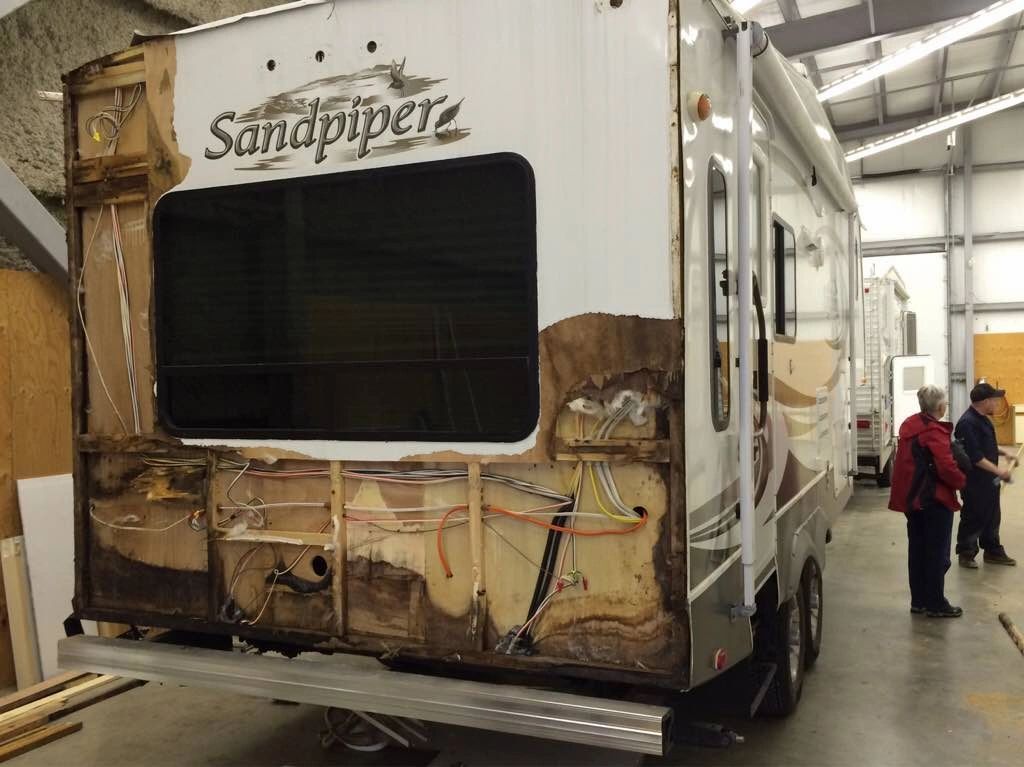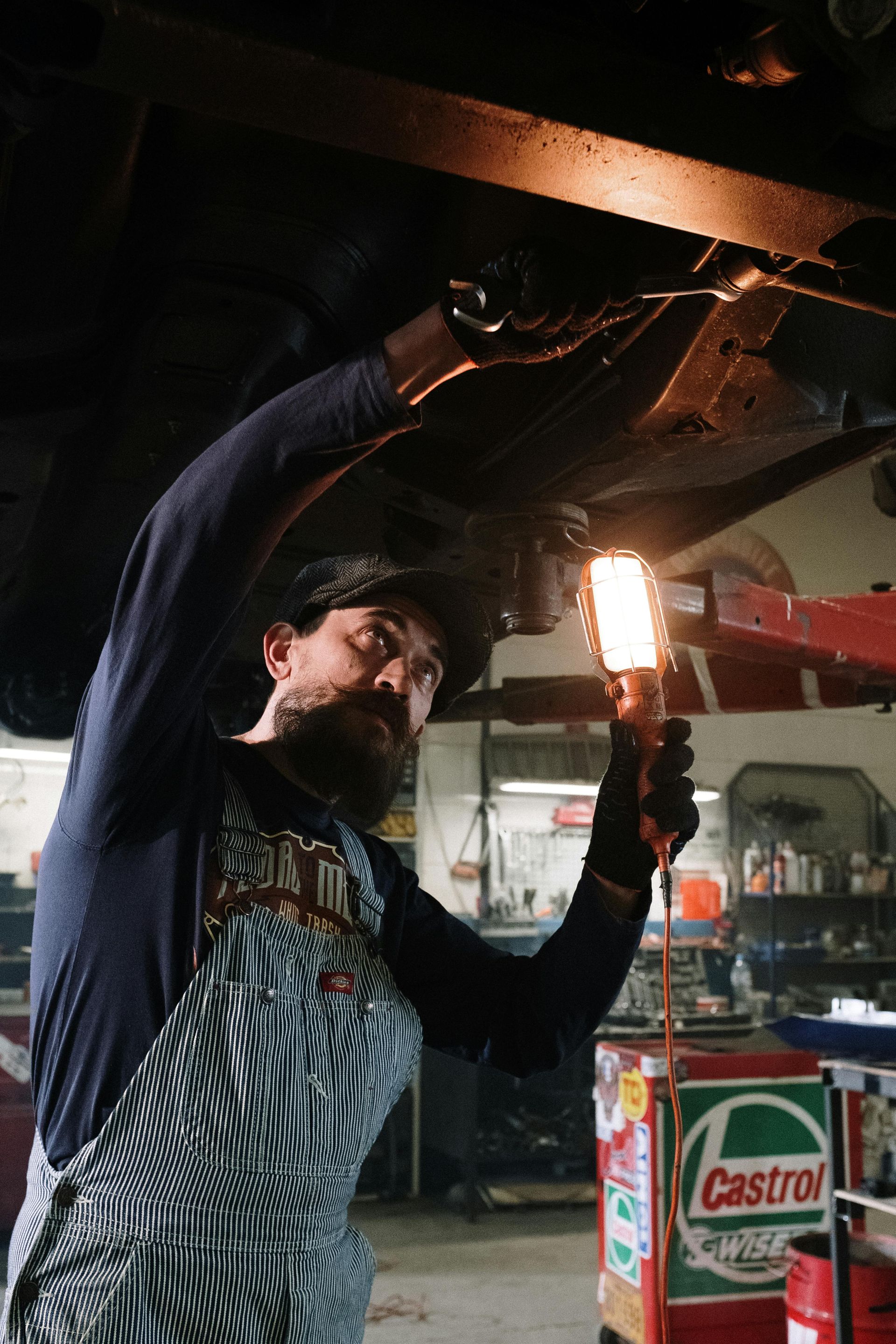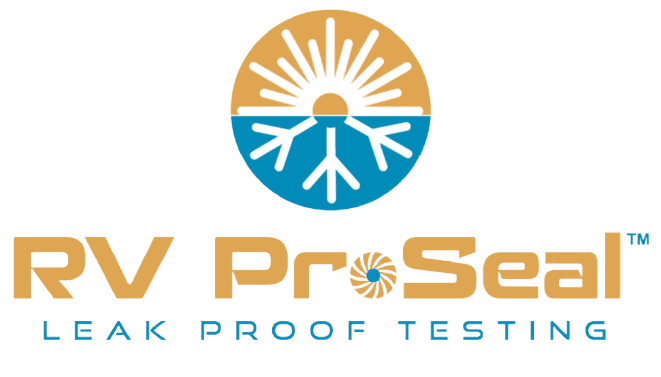Misconceptions of Buying a New RV & Leak Prevention Maintenance
Delamination and Water damage from rain leaks
Having just exhibited at one of the first RV shows this year, I was able to speak with many consumers who purchased their first, new RV in the last 18 months. All but the more experienced RV owners truly believed that any exterior water leaks from failing caulking or sealants would be covered under the factory warranty, extended warranty or at the very least insurance. Which to their surprise are not. This is rarely a concern with our automobiles; so unsuspecting RV owners leave themselves vulnerable to a pending nightmare of frustration, interrupted or lost vacation time and stress of expensive repairs.
I lost count of how many folks did not know that ‘all’ exterior weatherproofing seals were exempt from all coverage because caulking and sealants (roof, between window frame and sidewalls, corner moldings, etc.), are classified as maintenance items just like wheel bearings or brakes. What seems to be even more surprising to new owners is the required frequency of leak prevention maintenance inspections of sealants that is expected of them. Manufacturers RV manuals state roof sealants, joints, etc., are to be checked every 90 days, and all other sealants every 6 months or sooner. It is more frequent if you travel often. Take a moment to read the fine print of your warranty, maintenance guides and insurance coverage. Ask your insurance agent if protection against exterior water seepage is covered. Ask your RV dealer to confirm your RV sealant maintenance needs also. Under corner moldings, various joints, window frames between sidewalls are all hard, invasive areas to properly check the integrity of sealants to prevent leaks, which leaves owners vulnerable to unknown water penetration and expensive damage to repair. We purchased our first, new 40’ 5th wheel and could not believe how early and often I would find early signs of sealant failures that required maintenance. Early detection is key to maintaining a leak free RV.
Regardless of which type of Motorhome, 5th wheel, travel trailer or camper purchased, there is a disconnect between the consumers expectations about the RV’s fundamental design, construction materials and assembly vs. our familiarity with the automotive industry. Today consumers assume RV’s are built in parallel standards to our automobiles. The reality is that RVs are not build to the same standard. RV’s are legally classified as ‘recreational vehicles’, which means they are designed and built for temporary, non-essential use. Further, the RV has many more expensive systems within (i.e., propane, plumbing, 110v electrical, etc.) where additional safety standards and added costs must be allocated. Regardless, the purchase of an RV is expensive and protecting it from the tragic rates of depreciation is very important for most. Nothing could depreciate your RV faster than water damage. Prevent hidden, unknown exterior water leaks that often take months to appear internally. Owners and prospective buyers want nothing to do with water damage issues like mold, rot, delamination and other forms of very costly repairs.
RVing is at an all time high with record sales. Today exists the constraints with timely RV dealership service and the RV owners’ limitations to effectively judge and inspect the integrity of ‘all’ sealants as often as expected.
RV ProSeal™ is the first in the RV market to address these issues for RV owners. We bring new leak testing technology, know-how and repair services direct to you. Learn the 5 key benefits to ProSeal Leak Testing. Protect yourself by including us as a critical addition to your regular RV maintenance plan.
Keep the adventure outdoors!
Written by David Pollard, Founder of RV ProSeal
You might also like






